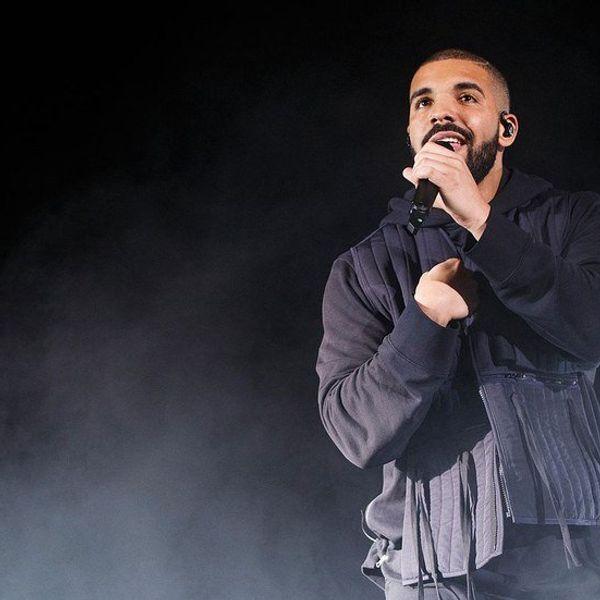Let’s be honest with ourselves, for as long as the charts have existed they have had to be taken with a pinch of salt. “Chart-topping” music and good music rarely coincide, and any institution that awards Right Said Fred and Mr. Blobby with a number 1 single can’t be said to represent the best music in the country. Even so chart placings remain a source of pride for up and coming artists who rightly celebrate them as a milestone. However, with the new rules in place to allow streaming figures to contribute to chart positions, it could end up being the final nail in the coffin for this longstanding music institution.
The Official Charts Company have rightly seen the need to change how the charts are decided by recognizing the growing shift towards streaming being the dominant platform. The way things stand 100 streams of a track translates as one sale. I commend the charts for moving with the times but the rules need to be adjusted. Firstly streams of individual tracks contribute to the figures of the album from which it originated. Albums are therefore getting longer, sometimes to ridiculous levels, to try and fit as many potential viral singles in as possible. This attitude doesn’t reflect the relationship between albums and their respective singles. A bad album can have massively successful singles (like Queen/David Bowie’s ‘Under Pressure’ from the appallingly terrible 'Hot Space') and a successful album can have no singles whatsoever (such as 'Led Zeppelin IV'). There needs to be some restriction in place needing albums to be streamed as a whole.
Secondly, simply having a lot of streams doesn’t really compare to an actual sale. I could listen to an album that I have bought on constant loop for the rest of my life but it would still only count as a single sale. Chart figures should be determined by the number of individuals listening rather than simply how often. The same logic applies to singles as well as albums. Many viral singles are listened to via specially curated playlists. Listening to these playlists, often made by the service itself or by some third party, are more akin to tuning in to a radio station that buying a single and radio airplay does not contribute towards chart placings. If the song is put in a playlist created by the listener then that is a different story, but again reflects the need for a shift towards people rather than simply plays.
One of the most telling signs that the rules are in desperate need for a change is that streaming figures are not submitted to scrutiny via an independent third party in the same way that sales figures are. Streaming services submit their figures straight to the charts and it requires no stretch of the imagination to think that perhaps the true figures and the reported ones don’t quite match. With services like Apple Music and Tidal standing on different sides of the battleground, each boasting different artists with music exclusive to their specific platform, the companies’ survival depends on being able to boast more streams than their rivals.
With Drake’s ‘One Dance’ set to break chart records and become Britain’s most successful single despite minimal sales, and the entire singles chart stagnating with a lack of new entries, it is clear that the system needs to change. I am a big advocate for the use of streaming services but I feel like the rules surrounding their relation to the charts were ill conceived and not reflective of the public’s listening. The Official Charts Company had the sense to see growing importance of streaming, I just hope they are big enough to admit that they went about it in the wrong way before the charts are distorted any further.




















